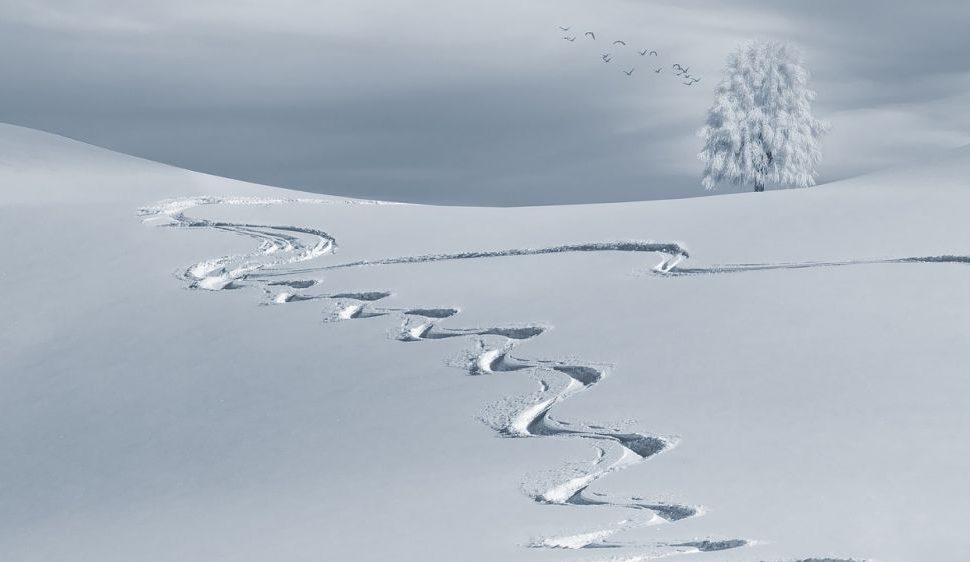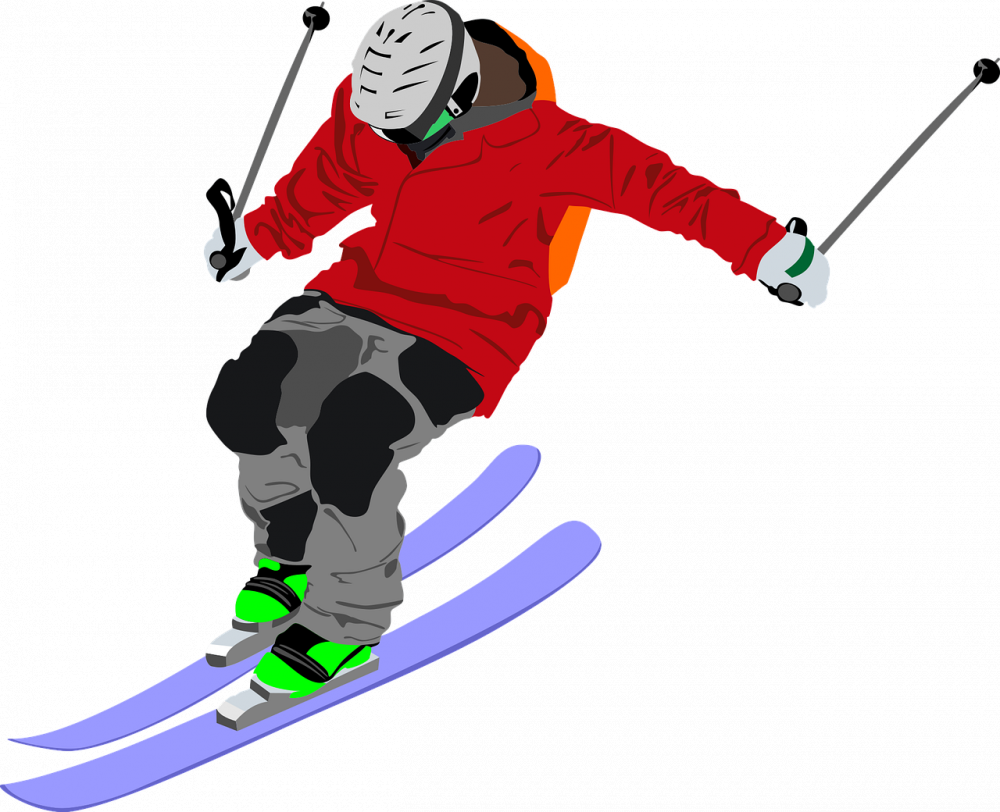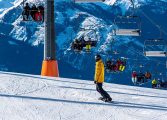EXTREME SKIDING: CONQUERING THE MOUNTAINS

Extreme Skiding: Conquering the Mountains
Introduction:

Extreme skiing is more than just a sport; it is a passion that pushes athletes to their limits and provides an adrenaline rush like no other. In this article, we will delve into the world of extreme skiing, presenting a comprehensive overview of what it entails, the various types that exist, and the measures taken to quantify the intensity and difficulty of these experiences.
Understanding Extreme Skiing
Extreme skiing is a discipline within the broader field of skiing that involves tackling challenging and treacherous slopes and conditions. The goal is to conquer seemingly impossible descents and push the boundaries of what is considered possible in the sport. It requires advanced skills, physical fitness, mental strength, and a deep understanding of the mountain environment.
Types of Extreme Skiing
There are several types of extreme skiing, each with its own unique characteristics and challenges. Some popular forms include:
1. Big Mountain Skiing: This involves skiing down massive mountain faces with steep slopes, rugged terrain, and unpredictable conditions. Skiers must navigate through cliffs, trees, and deep snow, often taking unconventional lines to ensure a successful descent.
2. Freestyle Backcountry Skiing: Combining freestyle techniques with backcountry exploration, this type of extreme skiing focuses on performing tricks and jumps on natural features like cliffs and natural terrain. It requires not only strong skiing skills but also exceptional aerial awareness and creativity.
3. Ski Mountaineering: Ski mountaineering involves skiing off-piste and ascending mountains by ski touring. Skiers tackle extreme altitudes, glaciers, and severe weather conditions. It is a multi-disciplinary activity that requires excellent physical fitness and technical skills.
Quantifying Extreme Skiing
To measure the intensity and difficulty of extreme skiing, several quantitative metrics are used. Some common measurements include:
1. Vertical Descent: The total distance skied in a single run. Skiers aim for higher vertical descents to challenge themselves.
2. Degree of Slope: The angle of the slope being skied. steeper slopes are generally more difficult and require greater skill and control.
3. Speed: The velocity at which a skier descends. Speed is a crucial factor in extreme skiing and requires precise technique and control.
Differences Between Extreme Skiing Disciplines
Although all extreme skiing disciplines share a common goal of pushing boundaries, there are significant differences between them. These differences stem from the specific challenges and techniques required for each type. For example:
1. Big Mountain Skiing vs Freestyle Backcountry Skiing: While big mountain skiing focuses on conquering gigantic mountain faces, freestyle backcountry skiing is more about incorporating tricks and jumps into the descent.
2. Ski Mountaineering vs Big Mountain Skiing: Ski mountaineering involves ascending the mountain before skiing down, while big mountain skiing solely focuses on the descent.
A Historical Overview of Pros and Cons
Extreme skiing has evolved over time, and with it, the pros and cons associated with each discipline.
1. Pros: Extreme skiing offers a thrilling adventure, an opportunity to connect with nature, and a chance to overcome personal limitations. The sense of accomplishment and the adrenaline rush make it a life-changing experience for many.
2. Cons: Undeniably, extreme skiing comes with risks. Avalanches, injuries, and adverse weather conditions can pose serious threats. Additionally, the high costs associated with equipment, training, and travel may limit accessibility for some.
Conclusion:
Extreme skiing is a demanding and exhilarating sport that attracts thrill-seekers from around the world. Despite its risks, it offers an unparalleled sense of achievement and a unique connection with the mountains. Whether it’s conquering big mountain faces or performing tricks in the backcountry, extreme skiing pushes the boundaries of what is possible on skis, forever inspiring and challenging those who dare to test their limits.
















































